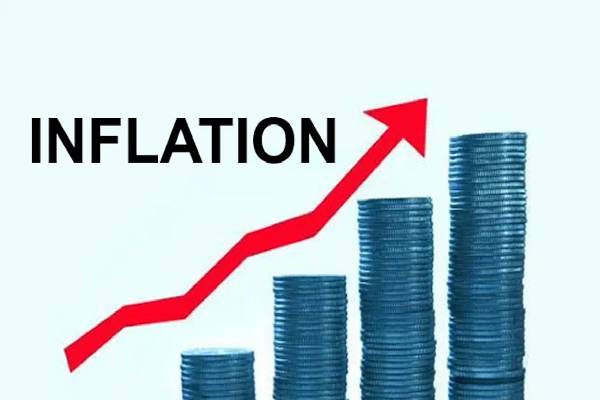Nigeria’s headline inflation rose to 21.82 per cent in January 2023, after dropping to 21.34 per December 2022.
The drop and rise inflation in the two months came on the back of the Central Bank of Nigeria naira redesign policy which it said, among others, would reduce inflation.
The National Bureau of Statistics in a report on Wednesday stated that the rise was due to disruption in the supply of food products, increases in import cost due to the naira’s depreciation and a general increase in the cost of production as the cause of the rise in inflation.
It stated that “In January 2023, the headline inflation rate rose to 21.82 per cent compared to December 2022 headline inflation rate which was 21.34 per cent.”
NEC okays plan to reduce poor Nigerians to 2.1 by 2050
150 Nigerians repatriated from Niger
“Looking at the trend, the January 2023 inflation rate showed an increase of 0.47 per cent points when compared to December 2022 inflation rate. However, on a year-on-year basis, the headline inflation rate was 6.22 per cent points higher compared to the rate recorded in January 2022, which was 15.60 per cent.
“This shows that the headline inflation rate (year-on-year basis) increased in the month of January 2023 when compared to the same month in the preceding year (i.e., January 2022).”
Meanwhile, the CBN had assured Nigerians that the naira redesign policy which saw the replacement of old N200, N500 and N1,000 notes with the new ones would tame the high inflation rate in Nigeria.
For instance, speaking during a sensitisation programme on the new notes at the Oja Oba Market, Akure, Ondo State, on Wednesday, January 18, the CBN acting branch controller in the state, Mr Giwa Ademola, said, “The benefits of the currency redesign to the Nigerian economy are enormous given that this policy will help to control inflation, as the exercise will bring the hoarded currency into the banking system, thereby making monetary policy more effective.”

 Join Daily Trust WhatsApp Community For Quick Access To News and Happenings Around You.
Join Daily Trust WhatsApp Community For Quick Access To News and Happenings Around You.


